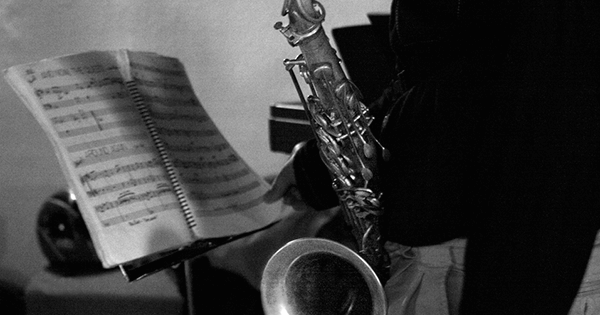
Every day the news from the United States grows more alarming, saddening, repulsive, and terrifying—and like so many other people I know, I’m still trying to figure out how to cope with what feels like the utter violation of the country and society that shaped me. Some of the most thought-provoking advice came in an email from my editor at The Nation, Matthew McKnight, with whom I worked on a piece about the late, great man of letters, Albert Murray. Murray, a hero to both of us, died in 2013 at the age of 97, but his blues aesthetic and overarching philosophy of life are timeless and would have prepared him well for the present tumult. At the very least it would have equipped him to face his plight with poise and grace. As Matthew reminded me, it’s our job to live up to that example:
Sometime before the election actually took place, I noticed that I’d been moving pretty far away from the concern in politics and government as such that I once had … But it wasn’t until around September or so that I was able to put a name to the place I seemed to be moving: anti-politics. It frightened me a bit at first, because it seemed to signal something blasphemous. Maybe that’s what stopped me short of proclaiming any sort of flag. But I am comfortable with my Murray-esque insistence on and faith in art, writing, intellect, excellence, etc. And I’ve come to see that that doesn’t constitute an anti-politics, though it might constitute a counter-politics.
So when it came to Election Day, and the day after, I was sort of stunned at how so many people seem to have considered the Obama presidency as the norm in terms of how our country regards marginalized, vulnerable communities. I mean, when has the country ever been, for any period longer than a blip, seriously concerned with fairness or equality? The Murray-derived blues-focused voice in me kept on saying, “We’ll get up today and the next day to keep on making the best of it.”
Indeed, if that’s not a Murray way of looking at things, I don’t know what is. “The sensibility of the writer must be prepared to withstand the shocks and distortions inherent in human existence even as the blade must hold its edge,” Murray observed in The Blue Devils of Nada. No serious writer—or person—can afford to indulge in “easy and superficial cynicism either.” No doubt such a stiff-upper-lipped outlook is easier articulated or admired than lived, but it matches the difficult context into which we’ve been thrust.

